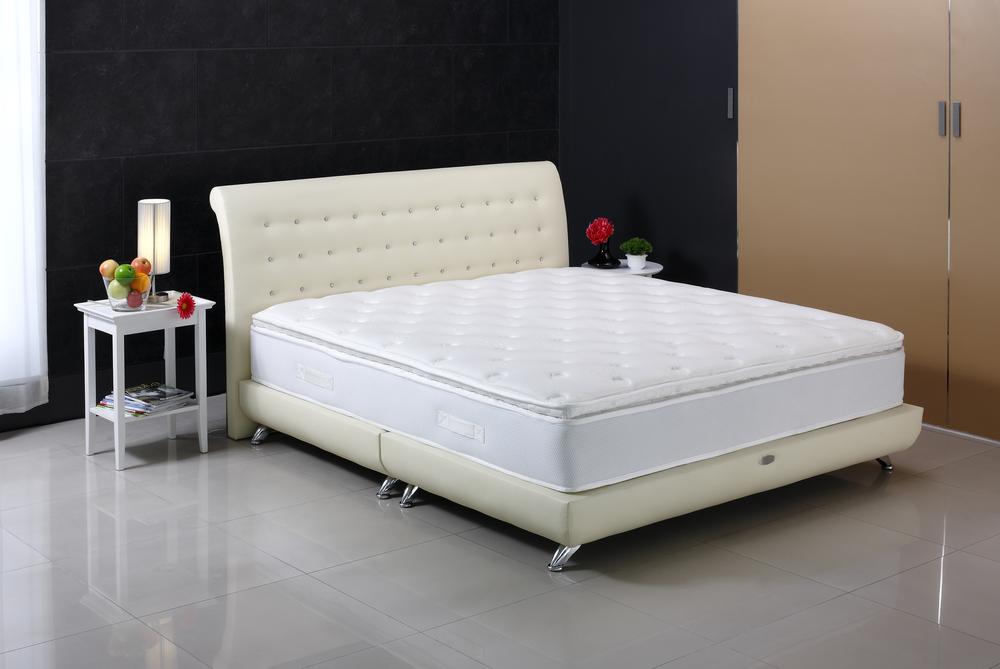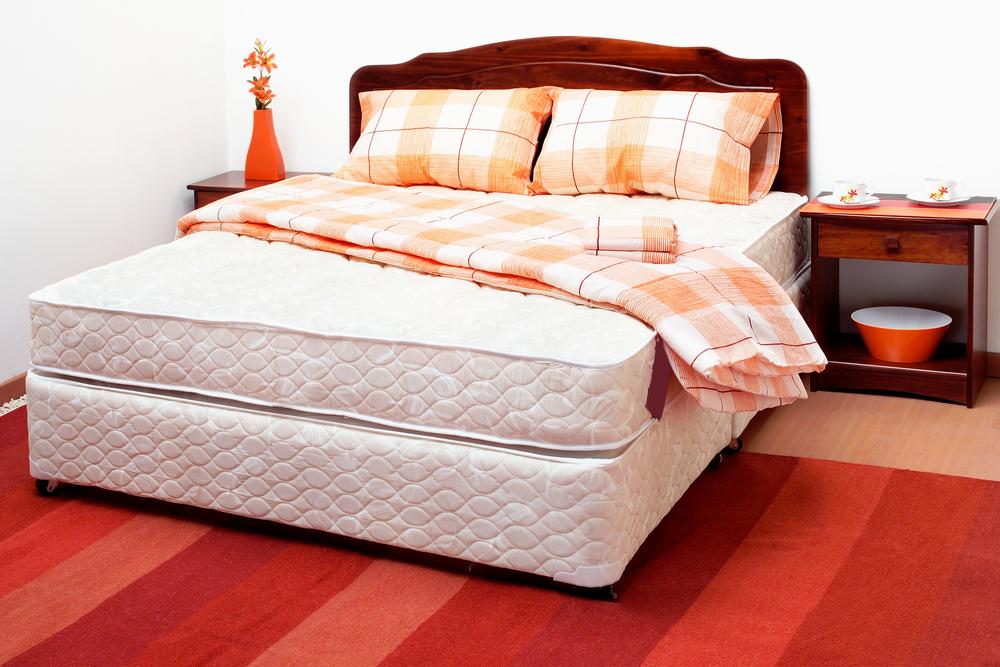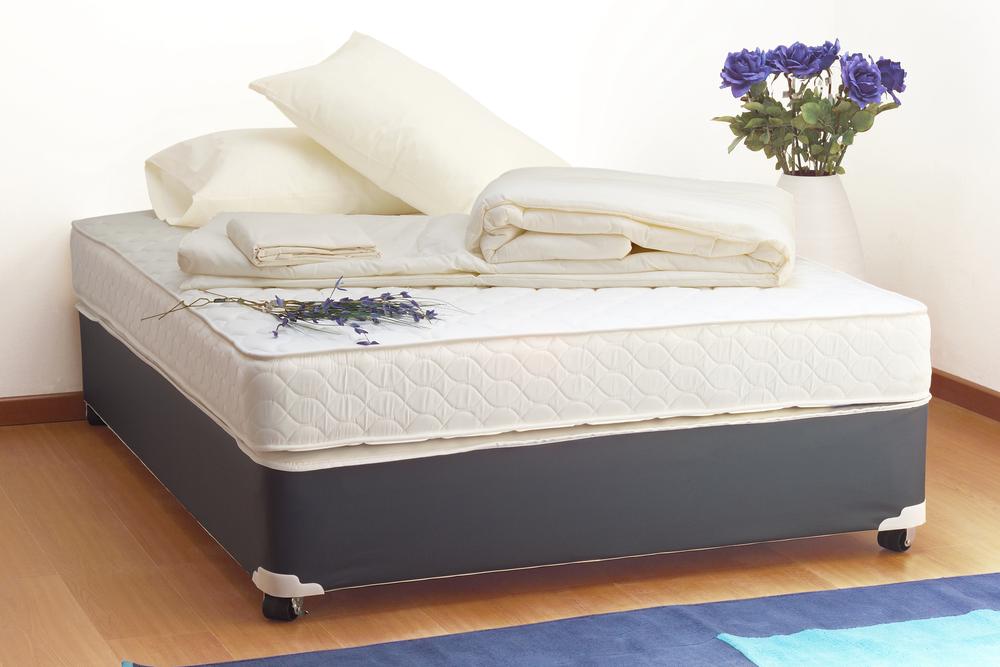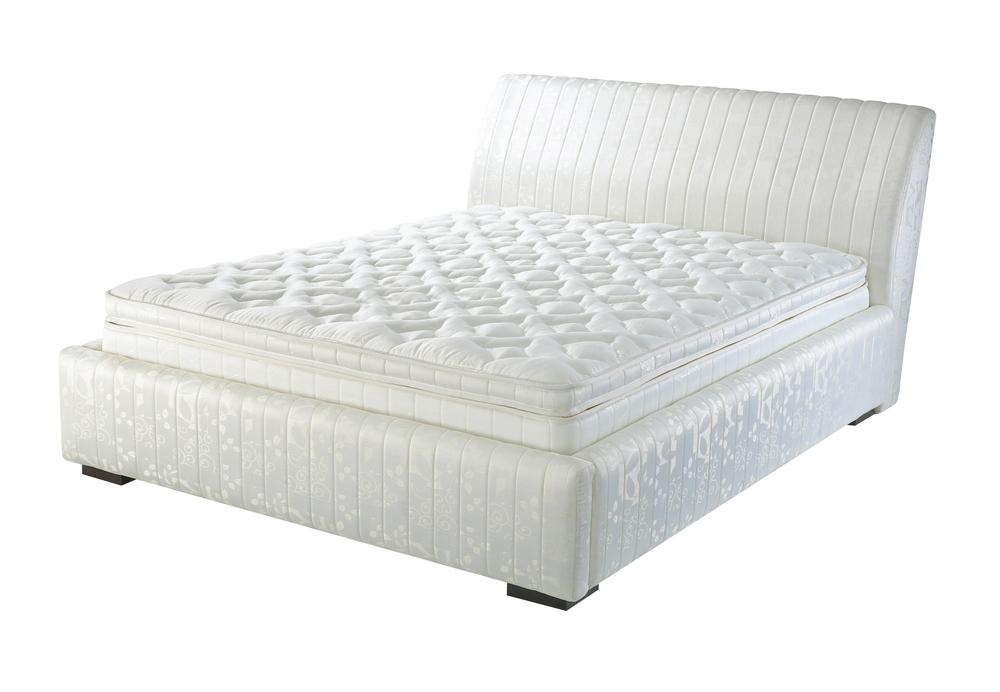Guide to Finding the Ideal Mattress for Your Sleep Health
Choosing the right mattress is vital for good health and quality sleep. This guide highlights key considerations like budget, allergies, sleeping stance, back issues, and weight. It offers practical advice on selecting supportive, durable, and comfortable mattresses, including tips on sales and seasonal discounts, to help you make informed, health-conscious decisions for better sleep and well-being.
Sponsored

Getting quality sleep is essential for overall well-being, especially in our busy world. The key factors influencing restful sleep include room conditions, stress management, comfort, and most importantly, your mattress. A supportive mattress can significantly impact sleep quality and long-term health. Whether you're purchasing a brand-new mattress or considering a pre-owned option, knowing what to look for is crucial.
Budget Considerations
A reliable mattress typically lasts 8-10 years, so avoid overly cheap options. Low-cost mattresses often compromise on durability and may contain materials with higher toxins. Investing a bit more in a quality mattress ensures better longevity and health safety. Look for well-made options like memory foam, innerspring, or hybrid models. Remember, a mattress is a long-term investment in your health.
Allergy-Friendly Choices
If you have sensitive skin or allergy issues, opt for foam or latex mattresses. Latex tends to be more expensive but offers excellent resistance to mold, dust mites, and pests. Look for seasonal sales at mattress stores to find good deals. For innerspring mattresses, use allergen-proof covers to block irritants and improve sleep quality.
Sleeping Position Considerations
Side sleepers need pressure-relief mattresses like memory foam, latex, or innerspring options. Stomach sleepers should avoid overly soft beds to prevent suffocation, opting instead for dense innerspring or latex. Back sleepers typically benefit from medium-firm mattresses, including hybrid or innerspring types, to maintain spinal alignment.
Addressing Back and Joint Pain
For those with osteoporosis, spondylitis, or joint issues, choosing a medium-firm mattress that supports proper spinal alignment is essential. Latex mattresses are often a good choice here. Avoid overly firm beds, which can worsen discomfort. Heavier individuals should select firmer options like hybrid or spring mattresses for better support. Many brands offer trial periods and seasonal discounts, making it easier to find suitable and affordable options.
Body Weight Factors
Heavier sleepers or those dealing with obesity should opt for supportive, firm mattresses such as innerspring or hybrid designs. These offer better support and durability. Memory foam mattresses may retain heat and feel uncomfortable for larger body types, so consider alternative materials to ensure restful sleep.
By keeping these factors in mind during your mattress shopping, you can make an informed decision that promotes good health and quality sleep. Look out for sales and discounts to find premium options within your budget—your health deserves it.






